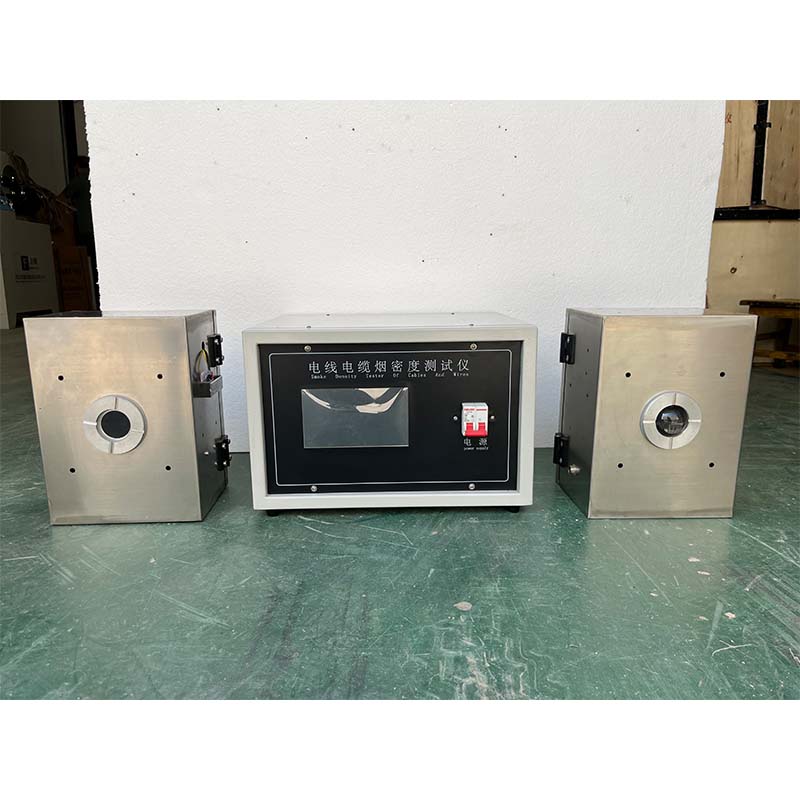high insulation resistance test suppliers
Understanding High Insulation Resistance Test Suppliers
The importance of insulation resistance testing in electrical engineering cannot be overstated, particularly in ensuring the safety and efficiency of electrical systems. High insulation resistance test suppliers play a crucial role in providing the tools and equipment necessary for conducting these tests. This article delves into the significance of insulation resistance testing, the types of equipment available, and what to consider when choosing a supplier.
What is Insulation Resistance Testing?
Insulation resistance testing is a method used to measure the resistance of the insulation material surrounding electrical conductors. This measure is critical for determining the integrity of insulation systems and identifying potential electrical faults before they lead to serious issues, such as equipment failure or electrical fires. The tests are typically conducted on a wide range of equipment, including transformers, motors, cables, and generator windings.
The tests usually involve applying a high-voltage signal to the insulation material to evaluate its resistance to leakage current. A high insulation resistance value signifies that the insulation is intact and effective, while a low value can indicate deterioration, moisture ingress, or other issues that may necessitate repair or replacement.
The Importance of High Insulation Resistance
High insulation resistance is essential for various reasons
1. Safety High insulation resistance reduces the risk of electrical shock and fire, protecting both personnel and equipment. 2. Reliability Ensuring that insulation is in good condition helps in maintaining the overall reliability of electrical systems, which is critical in industrial settings where downtime can be costly. 3. Efficiency Proper insulation minimizes energy losses associated with leakage currents, enhancing the overall efficiency of the electrical system. 4. Regulatory Compliance Many industries are governed by strict standards pertaining to electrical safety. Regular insulation resistance testing can help organizations comply with these regulations.
Types of Insulation Resistance Test Equipment
There are various types of insulation resistance testers available on the market, and each has its unique features
1. Analog Insulation Resistance Testers These are simple devices that provide a direct reading of insulation resistance via analog meters. They are typically user-friendly but may lack some advanced features found in digital testers.
2. Digital Insulation Resistance Testers These testers offer more advanced features, including data storage, the ability to perform tests at multiple voltage levels, and the display of measurements in graphical form. They are ideal for professional use, where precision and ease of analysis are critical.
high insulation resistance test suppliers

3. Megohmmeters A specialized category of insulation resistance testers, megohmmeters can measure high resistance values (up to several gigaohms). They are particularly useful for testing high-voltage equipment and cables.
4. Multi-functional Testers Many modern devices combine insulation resistance testing with other testing functions, such as continuity testing, earth resistance measurement, and hipot testing. These multi-functional devices provide versatility for electrical engineers and technicians.
Choosing the Right Supplier
When selecting a high insulation resistance test supplier, several factors should be considered
1. Reputation and Experience Look for suppliers with a proven track record in providing high-quality testing equipment. A reputable supplier will also offer excellent customer support and guidance in selecting the right equipment for your needs.
2. Range of Products A good supplier should provide a comprehensive selection of insulation resistance testers, including state-of-the-art technology and various models to suit different applications.
3. Quality Assurance Ensure that the products meet industry standards and have undergone rigorous testing to guarantee reliability and accuracy.
4. After-Sales Support Reliable suppliers often provide warranties, repair services, and training materials, which are essential for maximizing the utility of the equipment.
5. Cost-effectiveness While it's important to avoid compromising on quality, you should also seek suppliers that offer competitive pricing or value-for-money packages.
Conclusion
High insulation resistance testing is a vital process in electrical maintenance and safety. The role of suppliers in this field is to provide reliable and efficient equipment that meets the demands of rigorous testing protocols. By understanding the different types of insulation resistance testing equipment and what factors to consider when selecting a supplier, organizations can ensure they are well-equipped to maintain the safety and reliability of their electrical systems. Thus, investing in high-quality insulation resistance testers and choosing the right supplier are critical steps in achieving long-term success and safety in any electrical environment.
-
Why the Conductor Resistance Constant Temperature Measurement Machine Redefines Precision
NewsJun.20,2025
-
Reliable Testing Starts Here: Why the High Insulation Resistance Measuring Instrument Is a Must-Have
NewsJun.20,2025
-
Flexible Cable Flexing Test Equipment: The Precision Standard for Cable Durability and Performance Testing
NewsJun.20,2025
-
Digital Measurement Projector: Precision Visualization for Modern Manufacturing
NewsJun.20,2025
-
Computer Control Electronic Tensile Tester: Precision and Power for the Modern Metal Industry
NewsJun.20,2025
-
Cable Spark Tester: Your Ultimate Insulation Assurance for Wire and Cable Testing
NewsJun.20,2025
 Copyright © 2025 Hebei Fangyuan Instrument & Equipment Co.,Ltd. All Rights Reserved. Sitemap | Privacy Policy
Copyright © 2025 Hebei Fangyuan Instrument & Equipment Co.,Ltd. All Rights Reserved. Sitemap | Privacy Policy
